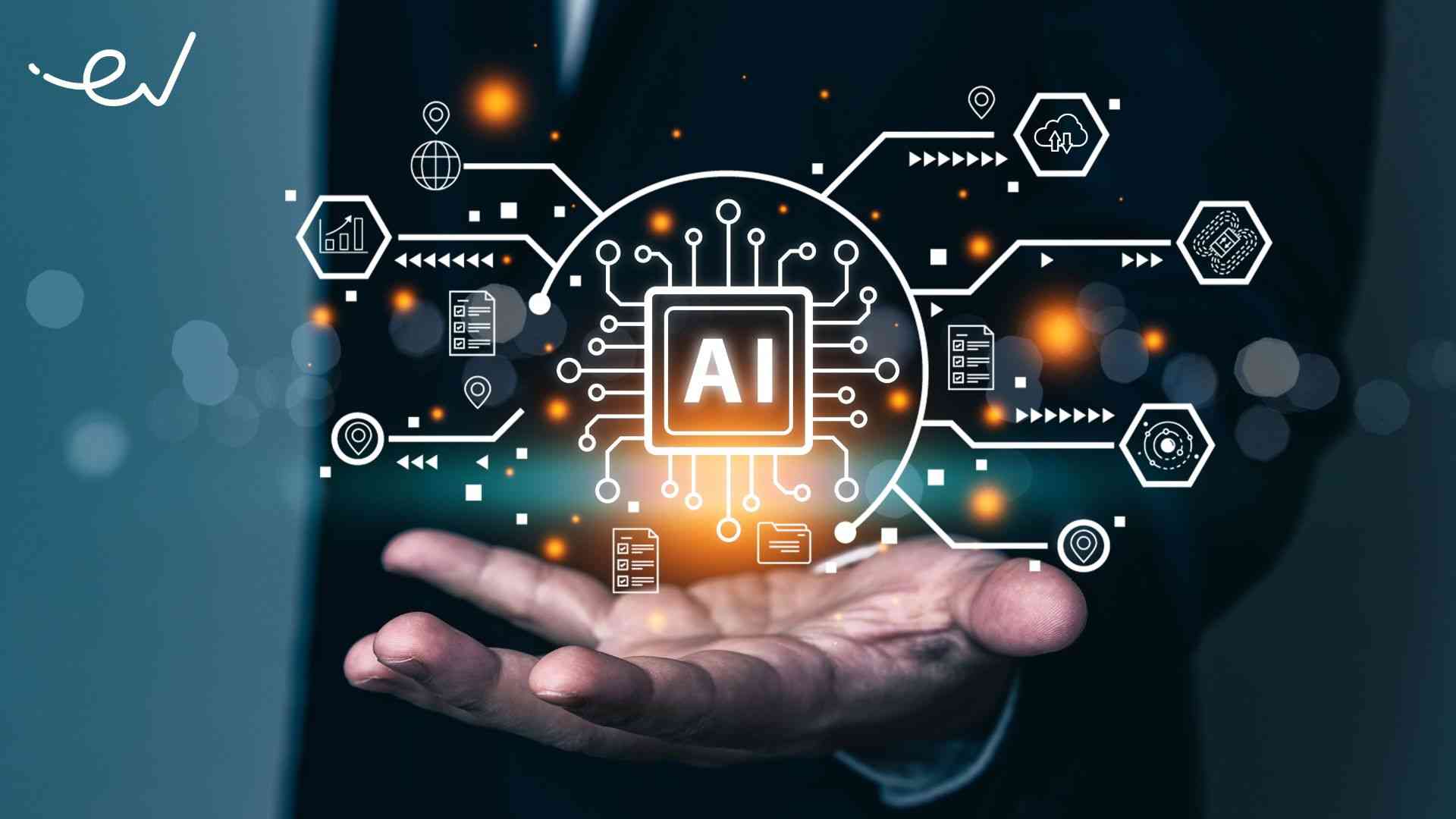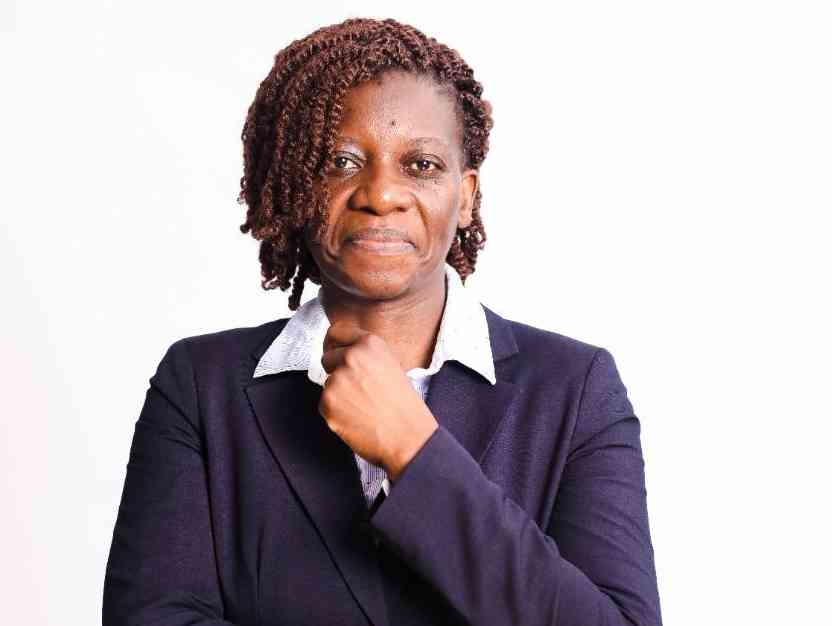
Fueling the generative AI craze is a belief that the tech industry is on a path to achieving superhuman, god-like intelligence.
OpenAI’s stated mission is to create this artificial general intelligence, or AGI. Demis Hassabis, the leader of Google’s AI efforts, has the same goal.
Now, Meta CEO Mark Zuckerberg is entering the race. While he doesn’t have a timeline for when AGI will be reached, or even an exact definition for it, he wants to build it. At the same time, he’s shaking things up by moving Meta’s AI research group, FAIR, to the same part of the company as the team building generative AI products across Meta’s apps. The goal is for Meta’s AI breakthroughs to more directly reach its billions of users.
“We’ve come to this view that, in order to build the products that we want to build, we need to build for general intelligence,” Zuckerberg tells me in an exclusive interview. “I think that’s important to convey because a lot of the best researchers want to work on the more ambitious problems.”
Here, Zuckerberg is saying the quiet part aloud. The battle for AI talent has never been more fierce, with every company in the space vying for an extremely small pool of researchers and engineers. Those with the needed expertise can command eye-popping compensation packages to the tune of over $1 million a year. CEOs like Zuckerberg are routinely pulled in to try to win over a key recruit or keep a researcher from defecting to a competitor.
“We’re used to there being pretty intense talent wars,” he says. “But there are different dynamics here with multiple companies going for the same profile, [and] a lot of VCs and folks throwing money at different projects, making it easy for people to start different things externally.”
After talent, the scarcest resource in the AI field is the computing power needed to train and run large models. On this topic, Zuckerberg is ready to flex. He tells me that, by the end of this year, Meta will own more than 340,000 of Nvidia’s H100 GPUs — the industry’s chip of choice for building generative AI.
External research has pegged Meta’s H100 shipments for 2023 at 150,000, a number that is tied only with Microsoft’s shipments and at least three times larger than everyone else’s. When its Nvidia A100s and other AI chips are accounted for, Meta will have a stockpile of almost 600,000 GPUs by the end of 2024, according to Zuckerberg.
“We have built up the capacity to do this at a scale that may be larger than any other individual company,” he says. “I think a lot of people may not appreciate that.”
No one working on AI, including Zuckerberg, seems to have a clear definition for AGI or an idea of when it will arrive.
“I don’t have a one-sentence, pithy definition,” he tells me. “You can quibble about if general intelligence is akin to human level intelligence, or is it like human-plus, or is it some far-future super intelligence. But to me, the important part is actually the breadth of it, which is that intelligence has all these different capabilities where you have to be able to reason and have intuition.”











